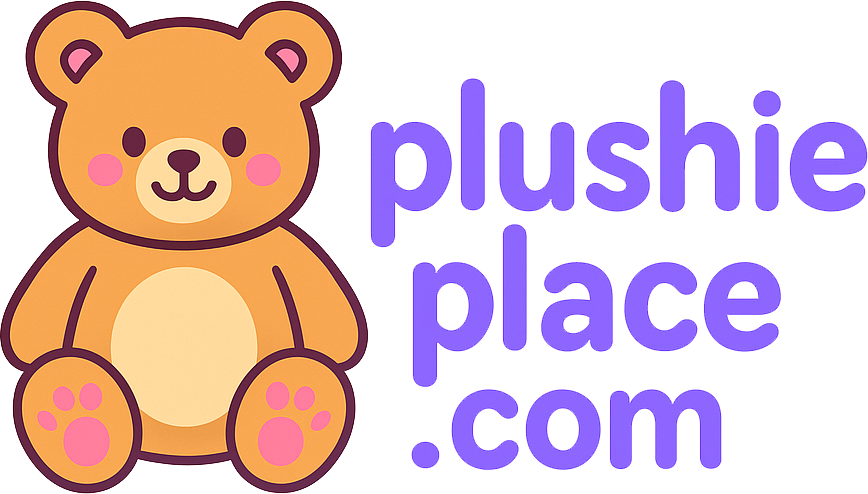Transforming Medical Practice Growth with a Virtual Marketing Assistant

In the fast-evolving healthcare industry, practices face the dual challenge of providing top-tier patient care while ensuring consistent business growth. Amid growing competition, digital marketing has become essential for visibility, patient acquisition, and long-term sustainability. However, most medical professionals lack the time and expertise to implement an effective digital marketing strategy. That’s where a virtual marketing assistant becomes a game-changer. Acting as your digital growth partner, a virtual marketing assistant enables medical professionals to remain focused on care delivery while the marketing engine runs efficiently in the background. With the added support of a Healthcare Virtual Assistant, clinics can scale faster, smarter, and more cost-effectively.
Understanding the Role of a Virtual Marketing Assistant in Healthcare
A virtual marketing assistant (VMA) is a remote professional skilled in executing digital marketing tasks, campaign management, social media engagement, and branding. Unlike hiring an in-house marketing team, VMAs offer a flexible, affordable, and specialized solution tailored to healthcare providers.
Here’s what a typical VMA can handle:
-
Content Creation: Blogs, email newsletters, website content, and SEO copywriting
-
Social Media Management: Scheduling posts, engaging followers, running paid ads
-
Search Engine Optimization (SEO): Keyword research, on-page SEO, and backlinking
-
Email Marketing: Building and managing mailing lists, campaign creation
-
Online Reputation Management: Responding to reviews, monitoring online mentions
Medical practices can delegate time-consuming tasks to VMAs, freeing up staff resources and significantly improving marketing ROI.
Why Marketing Matters in Modern Healthcare
Marketing in healthcare is no longer optional—it's essential. Patients now rely heavily on online research before choosing a provider. This makes digital presence a direct contributor to patient trust and practice credibility.
A virtual marketing assistant ensures your clinic stays ahead by:
-
Maintaining a consistent online presence
-
Targeting the right patient demographics
-
Enhancing visibility through SEO and Google rankings
-
Building trust via patient testimonials and reputation management
When paired with a Healthcare Virtual Assistant, marketing and administrative functions are synchronized to provide a seamless operational flow.
Key Benefits of Hiring a Virtual Marketing Assistant
1. Cost-Efficiency
Hiring a full-time marketing employee can be expensive when considering salary, training, and benefits. VMAs work on a part-time or contract basis, significantly reducing costs without compromising quality.
2. 24/7 Availability
Since many VMAs operate across time zones, your campaigns and digital operations can run round the clock. Scheduled posts, email campaigns, or analytics reviews can happen even while your office is closed.
3. Scalability
Whether you're a solo practitioner or managing a multi-location clinic, VMAs adapt to your marketing needs. Scale your campaigns without the burden of onboarding additional in-house staff.
4. Specialized Skills
Most virtual marketing assistants come with niche healthcare marketing experience. They understand HIPAA-compliant strategies, patient acquisition funnels, and how to speak the language your audience understands.
5. Performance Tracking
A skilled VMA regularly reports on KPIs, helping you understand what's working and what needs adjustment. This data-driven approach ensures your marketing dollars are wisely spent.
Tasks Your Virtual Marketing Assistant Can Manage
Let’s break down the specific tasks that a VMA can execute to help you stay competitive:
-
Blog Management: Writing, editing, publishing, and optimizing content
-
Social Media Strategy: Creating content calendars, brand messaging, patient education posts
-
SEO Audits: Regularly analyzing and optimizing your site to improve rankings
-
PPC Advertising: Running targeted Google or Facebook ads to attract new patients
-
Email Campaigns: Creating drip sequences to keep patients engaged and informed
-
Lead Funnel Optimization: Creating landing pages and patient conversion strategies
With such support, your marketing becomes proactive instead of reactive.
How a Virtual Marketing Assistant Supports Patient Acquisition
One of the core goals of healthcare marketing is acquiring new patients. VMAs use a mix of inbound and outbound techniques to boost reach and conversions:
-
Inbound: Content marketing, social engagement, and SEO to draw users organically
-
Outbound: Paid advertising, cold outreach, and retargeting ads to build brand awareness
Combining these techniques ensures a comprehensive patient acquisition strategy.
In the middle of your marketing growth, integrating services like a virtual marketing assistant helps focus on measurable business outcomes rather than just tactics.
Integrating a Healthcare Virtual Assistant for Full-Spectrum Support
In the fifth paragraph of this blog, we mentioned the advantages of combining VMAs with a Healthcare Virtual Assistant strategy. Here’s why this integration is powerful:
-
Administrative Relief: Appointment scheduling, patient onboarding, and EHR updates
-
Improved Communication: Streamlined patient follow-ups and reminders
-
Unified Messaging: Consistency in branding across front-office and marketing channels
When your marketing and operations work in tandem, patients experience a seamless journey—from first discovery to post-visit engagement.
Common Tools Your Virtual Marketing Assistant Will Use
An experienced VMA comes equipped with tools that streamline tasks and improve output:
-
Canva / Adobe for graphics and creative
-
Buffer / Hootsuite for social scheduling
-
Google Analytics / SEMrush for performance tracking
-
Mailchimp / ActiveCampaign for email automation
-
Trello / Asana for task management and workflows
You don’t need to purchase or learn these tools—your VMA handles the tech so you can stay focused on healthcare delivery.
How to Hire the Right Virtual Marketing Assistant
When hiring, look for the following qualities:
-
Experience in healthcare marketing
-
Strong portfolio or client testimonials
-
Familiarity with HIPAA compliance
-
Proficiency with marketing tools
-
Ability to provide regular performance reports
Interview a few candidates, provide a test task, and set clear KPIs and expectations before starting.
How Much Does a Virtual Marketing Assistant Cost?
Costs vary depending on skill level and region. On average:
-
Entry-Level: $10–$20/hour
-
Intermediate: $20–$40/hour
-
Expert-Level: $40–$75+/hour
Many VMAs also offer package pricing for specific services like SEO audits, campaign launches, or social media management.
Future of Healthcare Marketing and Virtual Support
The digital healthcare landscape will continue to evolve. AI-driven tools, telehealth integrations, and personalized patient experiences will demand agile and scalable marketing strategies.
A virtual marketing assistant can become your long-term partner in navigating this future. By staying informed, agile, and digitally active, your practice not only survives but thrives.
FAQs
Q1. What is a virtual marketing assistant?
A virtual marketing assistant is a remote professional who handles digital marketing tasks such as social media management, content creation, email campaigns, and SEO to help grow your healthcare practice.
Q2. How does a virtual marketing assistant benefit my medical practice?
They offer cost-effective marketing support, ensure consistent patient engagement, and help increase online visibility without requiring a full-time hire.
Q3. Can I combine a virtual marketing assistant with a healthcare virtual assistant?
Absolutely. This combination ensures cohesive communication and operational efficiency, enhancing both marketing and patient care functions.
Q4. Are virtual marketing assistants HIPAA-compliant?
Many VMAs with healthcare experience understand HIPAA requirements. Always verify their familiarity and provide any necessary compliance training.
Q5. How soon can I expect results?
Marketing is a long-term investment. Most practices start seeing noticeable improvements in online traffic and patient inquiries within 60–90 days of working with a skilled VMA.
- Art
- Causes
- Crafts
- Dance
- Drinks
- Film
- Fitness
- Food
- Giochi
- Gardening
- Health
- Home
- Literature
- Music
- Networking
- Altre informazioni
- Party
- Religion
- Shopping
- Sports
- Theater
- Wellness


